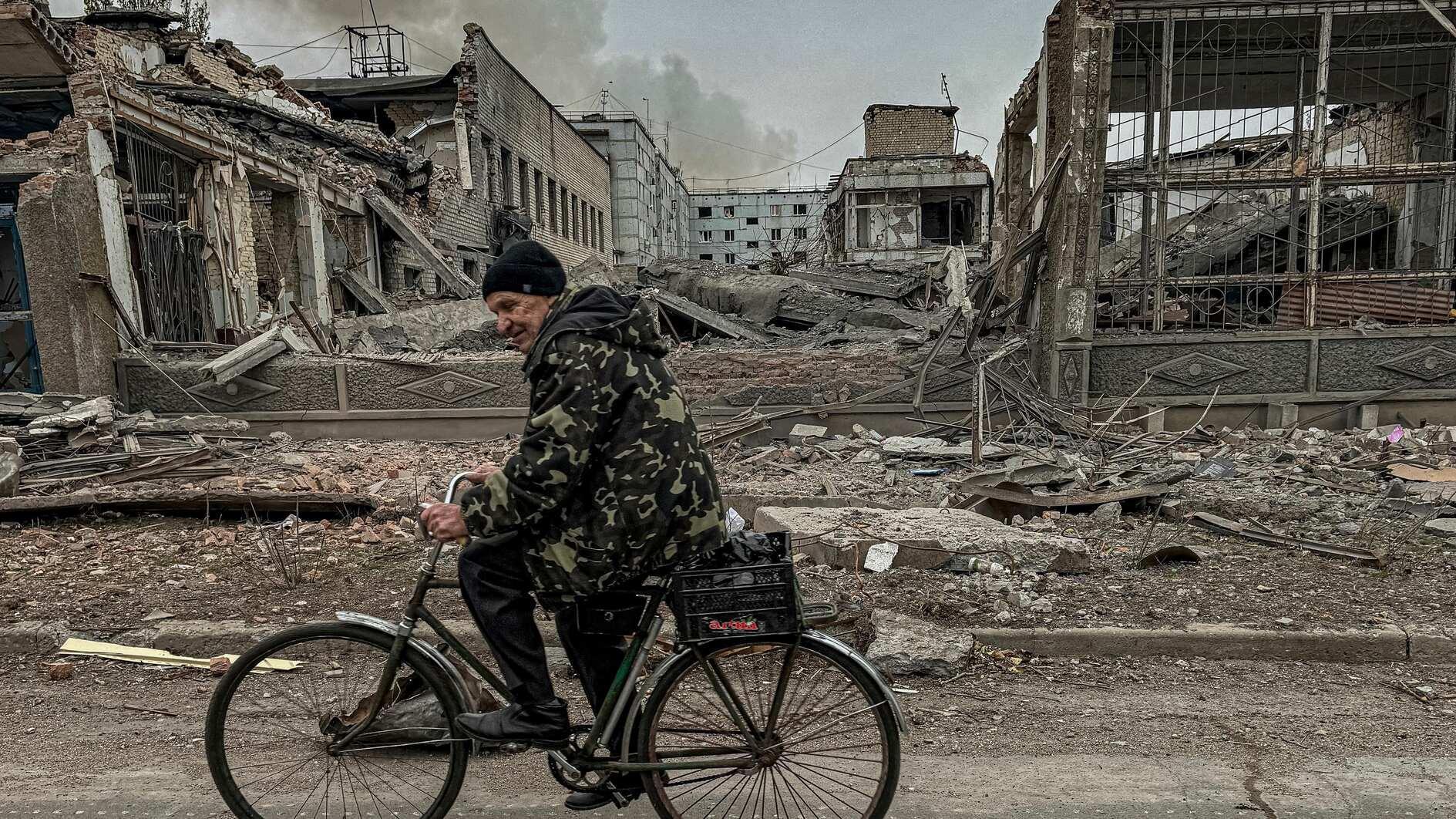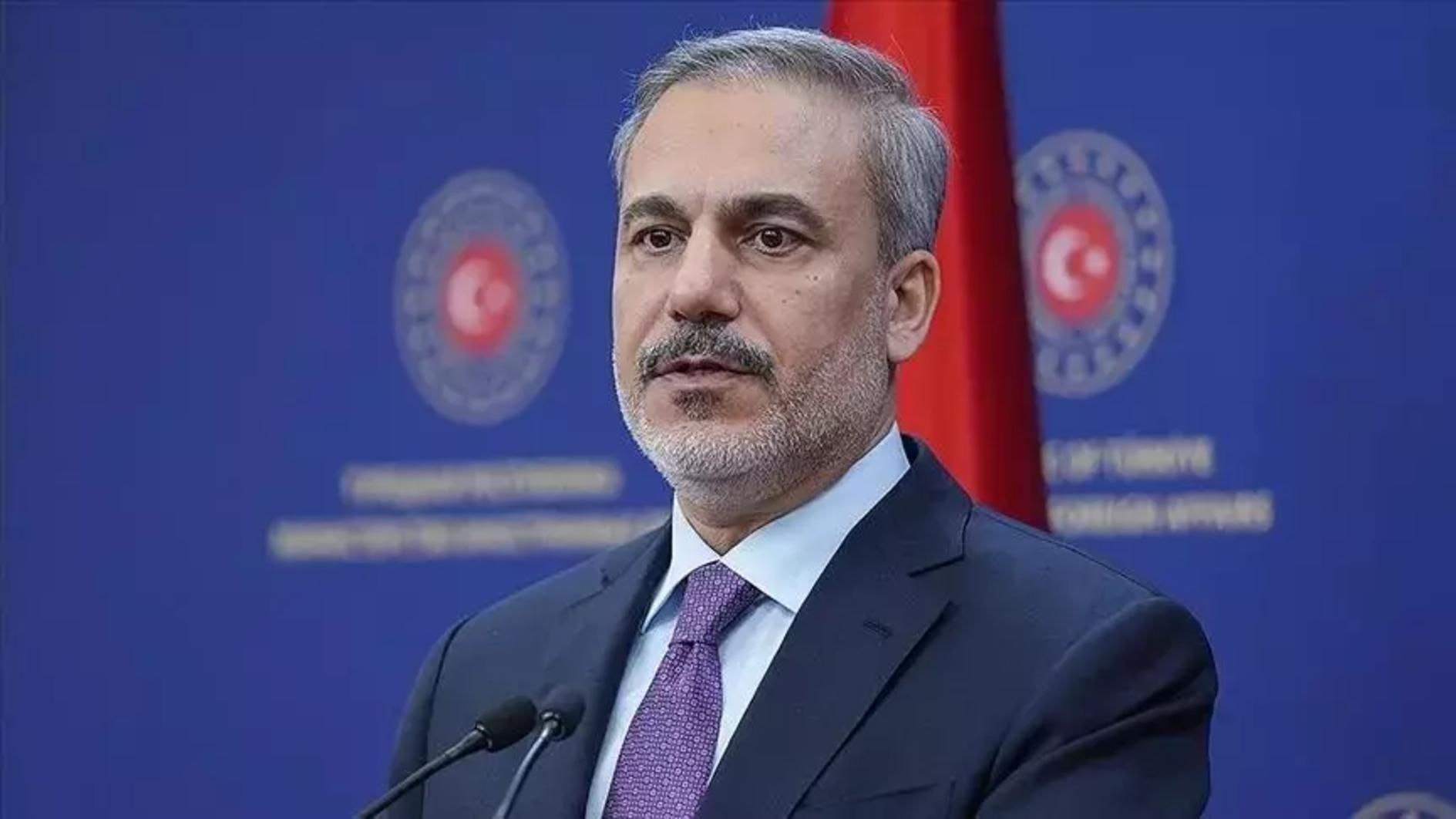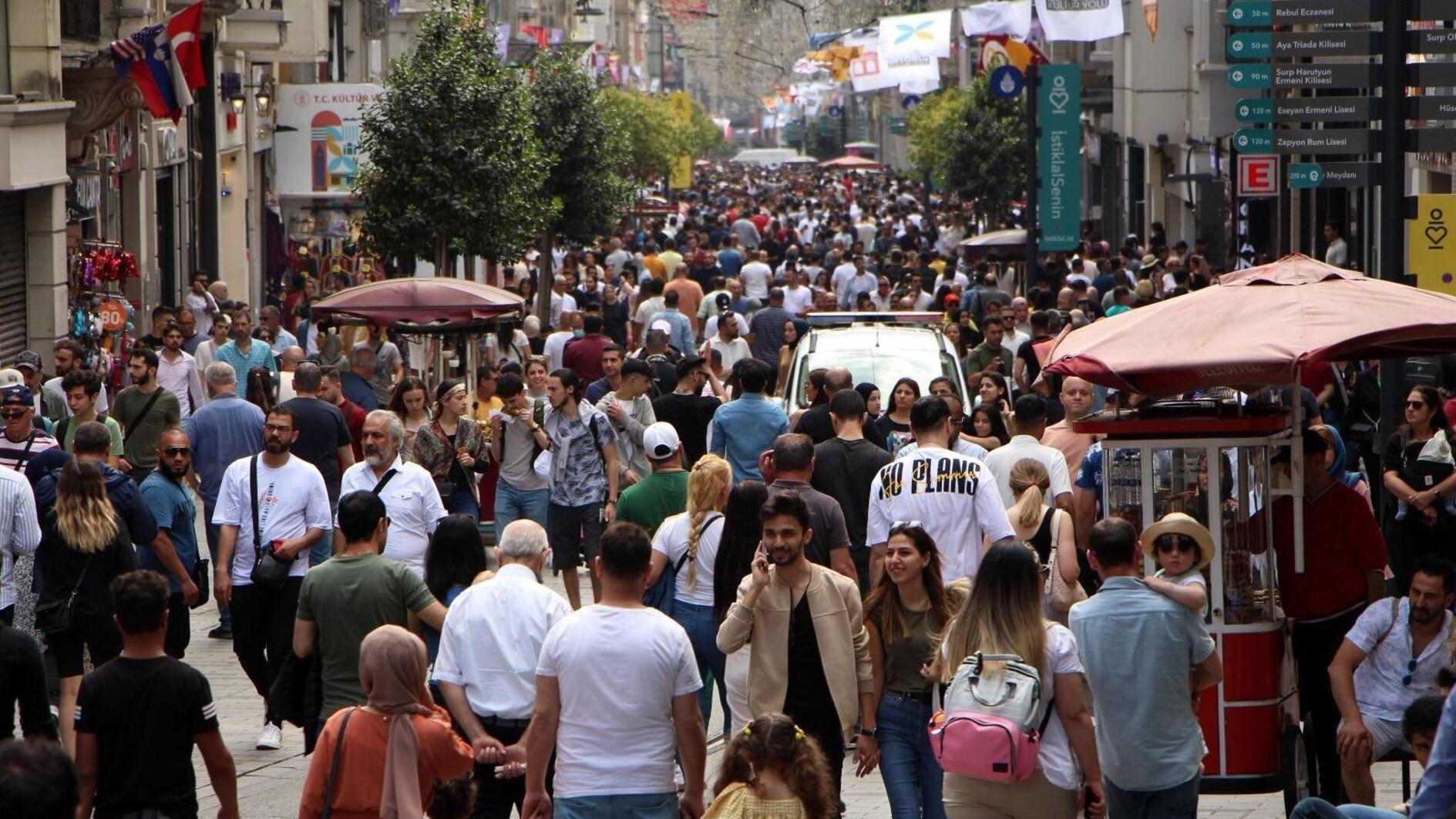A younger generation moving in
In Egypt at least, there is finally a growing consciousness of the power of the young. It is no longer uncommon to see people as young as 15 years old involved in demonstrations, shouting the slogans of the revolution and, more surprisingly, expressing clear thoughts and feelings in the public domain.
Reports have also shown youngsters throwing rocks and taking the brunt of the tear gas and even bullets. It is a fact that the underage groups are far larger in numbers than others; more significant is how different they perceive the world.
The rough figures put a third of Egypt’s population at under 18, and three quarters of the Arab population under 25. Although substantial, their real power not only lies in their numbers; it is in their ability to connect and their perception to relate and engage in collective action. They might not yet be taken seriously enough in cultures that have for so long considered them mere children who are unable to contribute much.
It would be a mistake to underestimate their evolution in an environment where the public realm is gradually taking over the personal one with unprecedented force. Given their ability to reach out and create active and effective relationships across cyberspace, coupled with their high exposure and familiarity with the easy access and speed of information in all forms and shapes, they are certainly a force to be reckoned with.
The experiences of a 15-year-old in Egypt today doesn’t remotely compare with what the past two generations experienced during their teenage years. Sheer realization comes from observing the startling gap as one compares the ways of the young to those of the old. They are certainly creatures of another age. It will not be long before they assume the present and negotiate the future.
Meanwhile, the grown-up political scene is messy. As the old fight out their battles, the young continue on their path, threatening to do things their way as they gradually lose patience with the formal structures. Parliament, the ruling military council, its advisory council and its government continue to iron out the creases in the institutional path forward as the D-day for the June handover of power to civilian rulers approaches.
The newest in a series of long line of elections that began with one referendum as early as March 2011 will be the coming presidential elections. With no clear dates for casting the ballots, coupled with expectations that additional candidates will jump onboard or drop off, the oldies have been busy and on their toes with all the unfinished business of the revolution.
Simultaneously at the forefront, young adults are breaking new ground daily. The demonstrations and the marches, the sit-ins and calls for more strikes are eliciting strong responses of condemnation and accusations that they are disrupting public life and even earning the odd insinuation of treason. Their energies are strong and unyielding, their strategies and tactics are surprising and, above all, their imagination and initiatives are impressive and effective.
The younger revolutionaries make the elderly generations, with their statements from podiums, look like a species of extinct dinosaurs.










